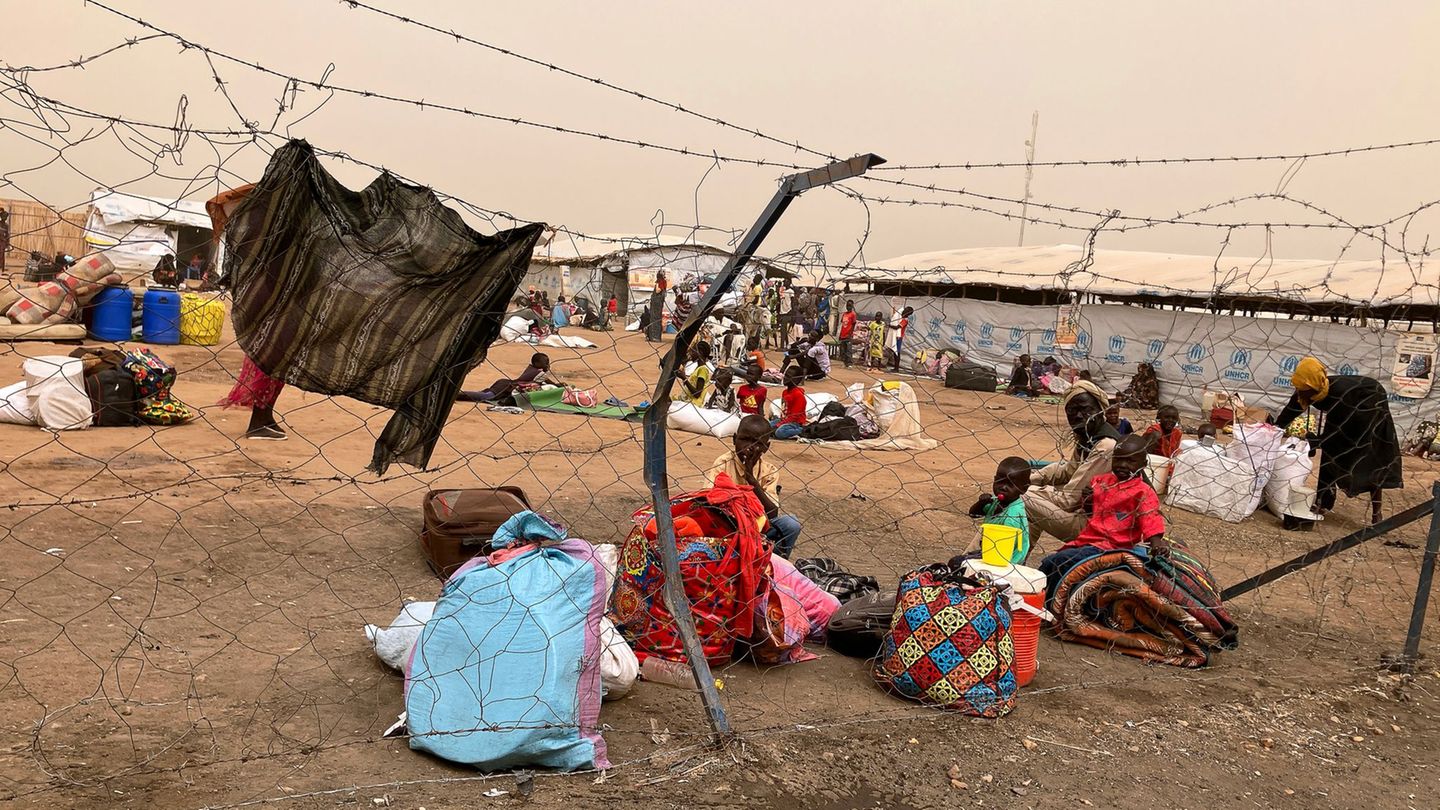This year, high-ranking delegations from the world’s crisis regions are coming to the World Economic Forum, which is often said to be dead. What can the meeting in the Swiss ski resort of Davos achieve?
In view of geopolitical crises and wars, the World Economic Forum wants to offer a platform for exchange and cooperation at its meeting in Davos. “Restore trust” is the motto of the meeting at which the world’s political-economic elite is coming together this week. Politics has long dominated: Ukrainian President Volodymyr Selenskyj and Israeli President Isaac Herzog are expected, among others.
It was said in advance that the World Economic Forum is doing everything it can to initiate dialogue. Nothing more can actually be expected, because the Swiss meeting is usually not a summit where tough negotiations take place. It’s more about exchange and getting to know each other personally.
In terms of economic policy, a lot of trust has also been lost since the wars in Ukraine and Gaza began. Most countries appear to have recovered from the energy policy consequences of the Russian attack on Ukraine. But now the effects of the conflict in the Middle East are becoming apparent, above all supply bottlenecks due to attacks by Houthi rebels on ships in the Red Sea.
Oxfam: Inflation makes poor people poorer
The development organization Oxfam complained that poor people in particular have suffered from the wars and inflation of the past few months, and have recently become even poorer. The five richest people in the world – all men – have more than doubled their wealth since 2020. In its report released Monday, the organization predicts the world could have its first dollar trillionaire in just 10 years. Global poverty, on the other hand, would not be completely overcome even in 230 years.
Oxfam therefore sees society facing an ever-increasing test. “While billions of people have to endure the shock waves of pandemic, inflation and war, the fortunes of billionaires are booming,” it said. Inequality increases gender-specific and racial discrimination because marginalized groups such as women or non-white people are particularly affected.
Development Minister Svenja Schulze explained that the report puts a finger on the wound. “We live in an extremely unequal world and that is a problem for all of us,” said the SPD politician. Extreme inequality endangers social cohesion and democracy, hinders humane development and cements poverty. Far too often, when it comes to questions of distribution, those who are already having a hard time are pitted against each other – including in Germany. This ignores the fact that the super-rich contribute far too little to the community. Schulze campaigned for higher taxes on very large assets and above-average corporate profits. What is needed here is the commitment of finance ministries worldwide.
Several hundred demonstrators
Growing social inequality, injustice and contradictions led to disillusionment with politics and the state, racism and crime, warned the German Social Association. Like Oxfam, he called for higher taxes for people with high incomes and wealth as well as companies. In Davos, several hundred demonstrators took to the streets with this demand before the start of the World Economic Forum. They also demanded more commitment from business leaders and politicians to climate protection and turned against capitalism.
This means that you are usually at the right place in Davos, as the World Economic Forum is considered a contact exchange for the economic elite. The big companies set up small headquarters in the Swiss ski resort for a week.
US Secretary of State Blinken is expected
Currently, however, the meeting is primarily shaped by geopolitics. This year, Zelenskyj wants to personally campaign for support for his country, which has been attacked by Russia, following video broadcasts in previous years. American Secretary of State Antony Blinken is also expected, as is Chinese Premier Li Qiang. It was initially not known what discussions were taking place behind the scenes.
Important stakeholders surrounding the Gaza war could also come together. In addition to Herzog, the prime ministers of Qatar, Iraq, Jordan and Lebanon are on the guest list. The Iranian foreign minister is also expected.
Economics Minister Robert Habeck, Foreign Minister Annalena Baerbock (both Greens) as well as Finance Minister Christian Lindner and Research Minister Bettina Stark-Watzinger (both FDP) are traveling from Germany. Chancellor Olaf Scholz (SPD), on the other hand, does not speak at the WEF, unlike in previous years.
Around 800 company bosses are also expected, including Microsoft founder Bill Gates and Sam Altman, the developer of the popular chatbot ChatGPT. Artificial intelligence (AI) is said to be one of the outstanding economic topics.
Source: Stern




